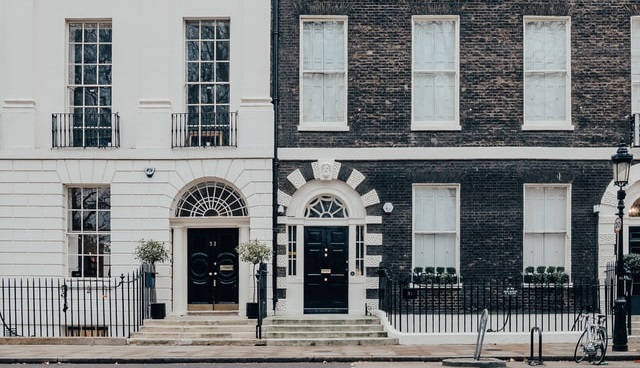Writing for Taxation magazine’s Readers’ Forum, BKL tax consultant Terry Jordan responds to a reader’s query on disposal of a UK residential property by a non-resident client whose wife is a UK tax resident.
‘We have a client who is living abroad for work purposes and is, therefore, treated as non-resident. His wife, on the other hand, is in the UK and she is treated as a UK tax resident. We are of the view that they are not permanently separated as the husband intends to return to the UK once his two-year contract has passed.
They have a house which used to be their main residence but has been let for a number of years and is about to be sold. Based on the ‘normal’ capital gains tax [CGT] rules, the wife’s share of the gain is £53,678, after deducting only or main residence relief. On a ‘time apportioned method’ the husband’s capital gain is £34,220.
Is there any way that the wife could transfer her 50% share of the property to the husband so that the entire gain is taxed on the ‘time apportioned method’?
Reading the legislation we suspect the answer is ‘no’ as presumably the husband would be deemed to have acquired the wife’s 50% share of the property on the day of transfer, which is now, and no ‘time appointment’ will apply?’ Query 19,997 – Perplexed.
Terry Jordan’s reply: The property share can be transferred without triggering a CGT liability.
‘The seminal case on the capital gains tax treatment of transfers from a resident spouse to a non-resident is the 1984 House of Lords case Gubay v Kington (57 TC 601). The tax at stake was apparently £7,250,000. It was held that no gain/no loss treatment, now in TCGA 1992, s 58, should apply to Mr Gubay’s transfer of shares to his non-resident wife who could then sell them free of UK CGT.
Accordingly, in the present case the wife can transfer her share in the property to her non-resident husband without triggering a CGT liability. On the premise that there is no mismatch in their domiciles the gift will be exempt from inheritance tax. As long as the property is not mortgaged the gift will not trigger a liability to stamp duty land tax (SDLT) either. (If it is mortgaged and the husband takes over responsibility for part that would rank as consideration. The consent of the mortgagees would also be required.)
Perplexed’s view is that the husband would be deemed to have acquired the wife’s 50% share of the property on the day of transfer. However, s 222(7)(a) provides: ‘If the one disposes of, or of his or her interest in, a dwelling-house or part of a dwelling-house … to the other, and in particular if it passes on death to the other as legatee, the other’s period of ownership shall begin with the beginning of the period of ownership of the one making the disposal…’ On the face of it the husband’s base date will be 6 April 2015. The husband will need to make a non-resident CGT return within 60 days of his disposal.
If she would not otherwise use it, the wife might retain a sufficient share in the property to use her £12,300 annual exemption.
The fly in the ointment is that we are told the husband will return to the UK once his two-year contract has passed. On that basis he would be a temporary non-resident within s 1M and a further gain would be assessed on him in the tax year of return.’
Our tax team have expertise in a range of areas including CGT, property transactions and asset transfers. For more information, please get in touch with your usual BKL contact or use our enquiry form.


